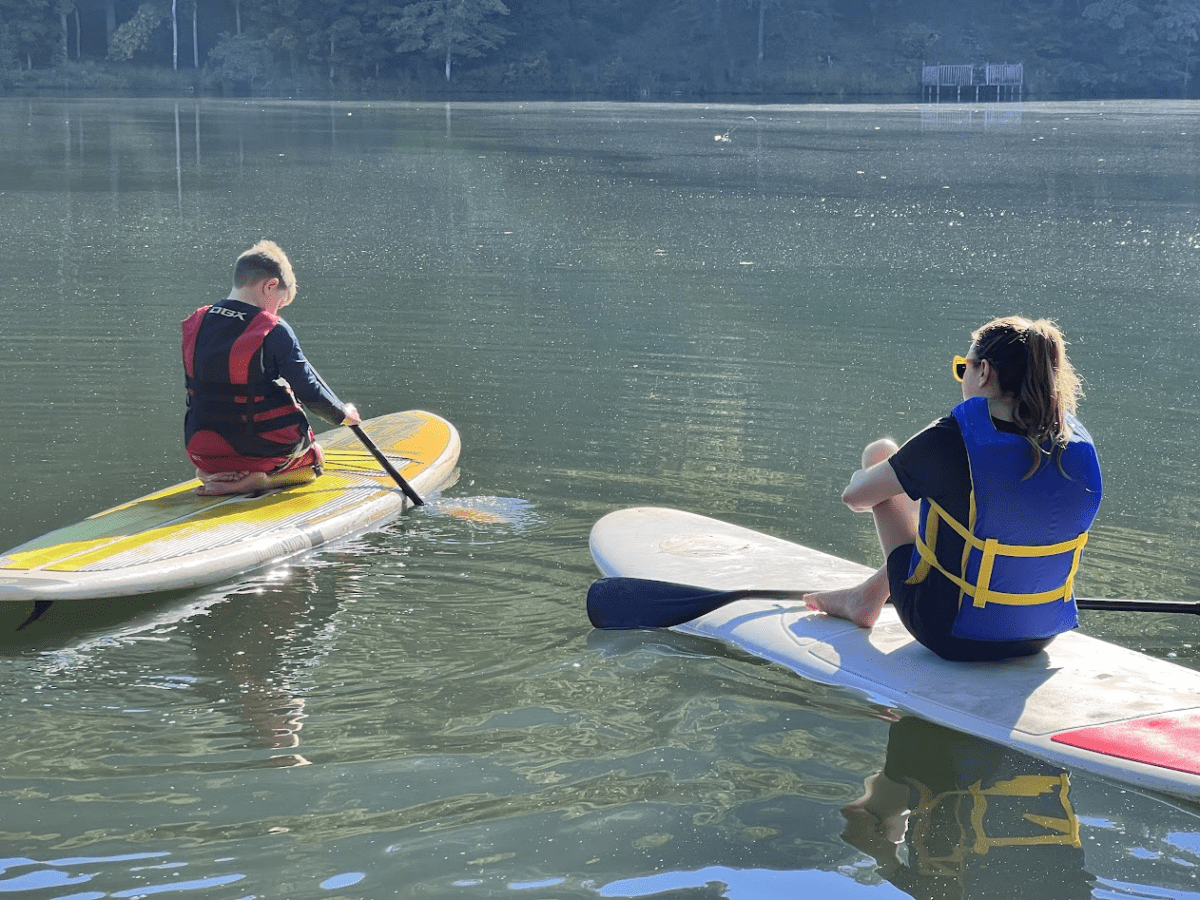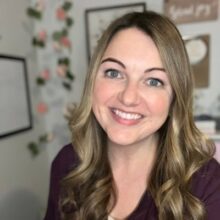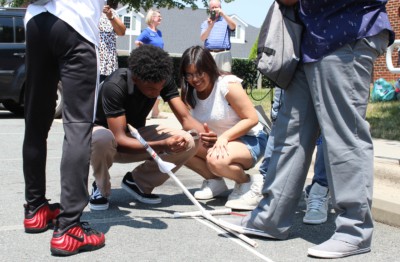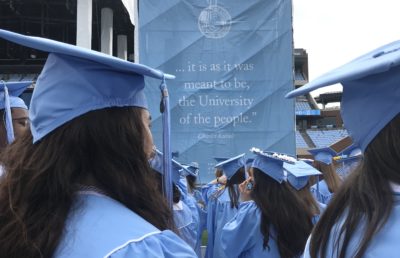

|
|
My son loves learning, especially about science and engineering, and as a parent, I want to provide him with opportunities to engage in spaces where his learning can take flight, but taking a family outing to the local science center is a highly challenging experience.
The sudden onslaught of sensory stimuli — the cacophony of sounds from the crowds, the bright lights and colors of the exhibits, the pungent smells from the animal enclosures — overwhelms his senses and sends his nervous system into overdrive. As he navigates through the bustling science center, the piercing laughter, the indistinguishable hum of overlapping conversations, and the constant motion create a chaotic symphony that feels like an assault on his senses.
Amidst the storm, my son’s focus narrows to a pinpoint, as he struggles to filter out the sensory overload. The simple act of looking at an exhibit or trying to engage with the interactive displays becomes an exercise in pure willpower and concentration, as his brain works overtime to process the barrage of sights, sounds and smells surrounding him. Sometimes he handles the overwhelming experience with anger, lashing out, and yelling. It crushes me to hear people call my son names and see them point or stare, not understanding the invisible war that a family trip to the science center created in his brain.
As April marks Autism Awareness Month, I reflect on my son’s experience navigating a world that wasn’t made for a person with a beautiful brain like his. Like many individuals with autism, he struggles with the social nuances and sensory overwhelm that neurotypical people take for granted. He craves structure, quiet spaces and patience from those around him. Yet, all too often, he is misunderstood and faced with frustration from those who don’t take the time to see the person behind his behaviors, especially from people who don’t know him.
I’ve heard people say that my son is “giving them a hard time.” But the truth is, he’s the one having a hard time. Navigating a world that wasn’t built for his unique needs is an ongoing challenge that requires immense effort and resilience. And still, he perseveres, finding joy in his passions and striving to connect with those around him.
The truth is, my son is very much like other kids his age. He has his own passions, quirks, and delightful personality. But the world can be a daunting place for someone who doesn’t instinctively understand sarcasm or read social cues with ease. It’s a constant effort on his part to bridge the gap between his experience and that of his neurotypical peers, and by the end of the day, he’s exhausted.
It’s time to shift the narrative from “awareness” to “acceptance” because the real work lies not in simply acknowledging autism’s existence, but in cultivating a society that embraces neurodiversity and responds with kindness and patience.
Imagine if, instead of frustration, we met each person’s unique needs and struggles with empathy. What if we all treated one another with the understanding that we are all, in some way, dealing with the challenges of this world? Perhaps then April could be a celebration of our shared humanity — a reminder that we are stronger when we lift each other up, rather than divide ourselves by perceived differences.
It’s a lofty goal, I know, but it’s one that I believe is worth fighting for, not just for my son, but for all those who have too often been made to feel like outsiders in a world that wasn’t built for them. With a little more kindness and a lot more understanding, we can create a society where everyone has the opportunity to thrive. A starting-off point could be that when you see a person struggling in public, remember you have no idea what is going on in their beautiful brain.





